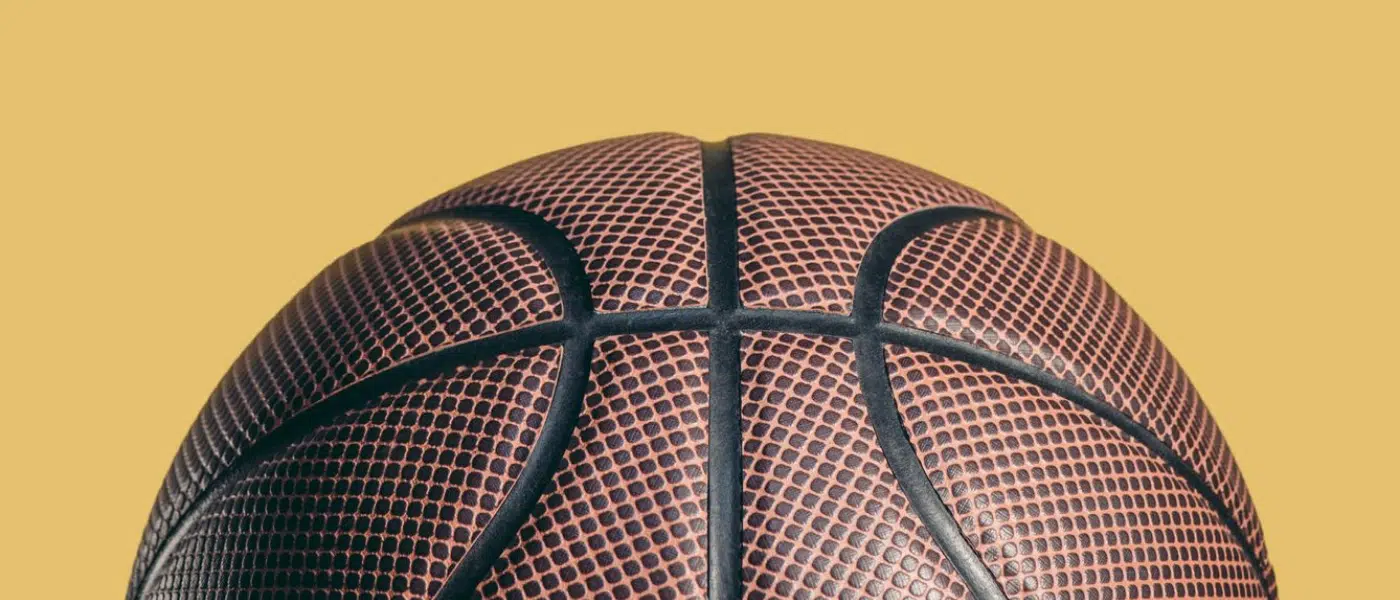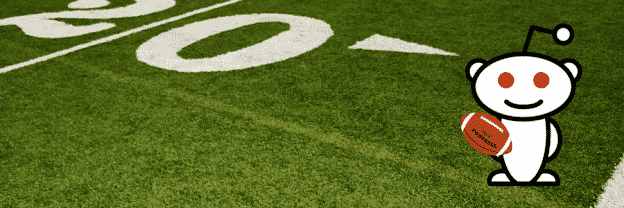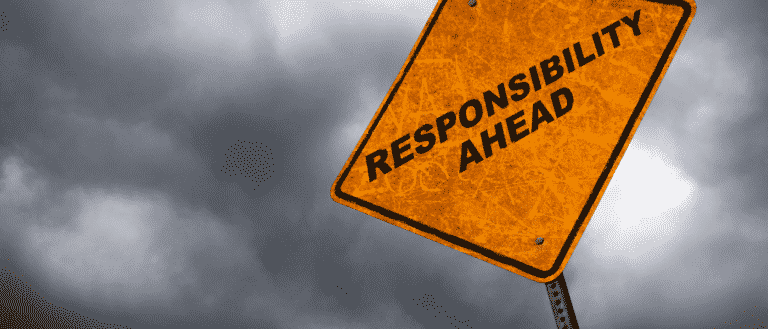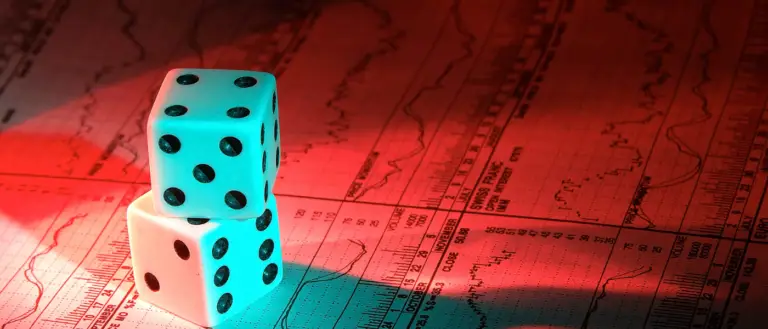Illinois State-Chicago State Scoring Error Reveals The NCAA Has A Data Problem

An uproar over the scoring in an NCAA basketball game highlights the issue of the NCAA and gambling but also has implications for the broader question of how data for sports betting purposes is distributed.
The problem arose earlier this month during the game between Illinois State and Chicago State when the game’s final score was incorrectly listed as being 80-71 when the actual score should have been 81-71.
According to the reports, the scorers had failed to register one of two free throws made by Illinois State’s Josiah Strong, meaning the score only notched up by one point rather than two.
In fact, the play-by-play scoring of the game shows Strong missing the first of his free throws.
Gambling Twitter was quick to pounce. The pseudonymous Capt. Jack Andrews brought the anomaly to the attention of his followers on the night of the game.
Signing off on a short thread of what had gone wrong, he said, “what is the point of data integrity if the data can be wrong this easily? What else has been missed that wasn’t noticed?”
Sportsbooks React By Grading Both Sides Winners
Once the sports betting world was made aware of the error, they quickly acted. Caesars Sportsbook took to Twitter to say that with the spread pitched at 9.5, it decided to pay out both outcomes.
Similarly, PointsBet Sportsbook told ESPN that it had graded all bets as winners. “There’s kind of a statute of limitations, where we don’t want to basically be coming after people’s money two days later, particularly on a game like that,” the company’s spokesperson told ESPN.
PointsBet also noted that such anomalies were “rare.” But how did it happen in the first place? Here we have to delve into the world of data collection.
In this instance, the responsibility for official data lies firstly with the institution involved. In this case, the scorers were provided by the university’s statistics crew and the official scorer who the referee designates.
The technology for this data collection is provided by Genius Sports which has an agreement with the NCAA to provide data services to the NCAA, along with the distribution rights.
A mistake, then, rather than any grand conspiracy. But the question posed earlier by Capt. Jack remains unanswered: how many mistakes don’t we see?
Questions About The Collection and Distribution Of Data
The NCAA and Genius Sports deal sees the latter distribute the data to media and the NCAA members themselves.
It does not include the right to distribute the data to betting operators for the obvious reason that the NCAA remains steadfastly against betting on its competitions.
You can judge for yourself how steadfastly the NCAA is against gambling by the amount of betting on the NCAA there is every season.
Indeed, the official position of Genius Sports is that they are merely the technology provider to the NCAA and “(facilitate) the collection of official data by NCAA Schools on their games.”
“Genius Sports does not determine the official game score which is decided by the game referee,” the statement added.
But as John Holden, assistant professor at Oklahoma State University and an expert in sports law and sports integrity issues, said in a statement, it “does not say that they are providing information to bookmakers, but it does raise questions about where the books are getting their data.”
They could be getting it off-screen via open-source data from the TV pictures (or for bigger games, from scouts in the stadia).
Open-Source Data Alternatives
Open-source is an established practice. Even where there are official data deals, the open-source route remains.
Indeed, this open-source route provides something of a live data insurance policy, ensuring at least two sources for the key data and thus mitigating the problems that might arise from having a single source as with the game in question here.
But what about situations such as this? Cases where there is confusion around whether data should even be made available to the bookmakers?
Clearly, the failsafe wasn’t available here, and the bookies have suffered accordingly.
“This highlights the dangers of a single source of data,” says Holden. “I rant on this a lot, but it is really important.”
“A robust and competitive data market that is independently gathered makes identifying these errors super easy and super fast. But, with one feed, you create a single point of failure.”
The Mistake Serves As A Warning For The Future
This time around, the mistake was relatively minor, and the amount of money at stake with the books involved was also presumably small change.
But that doesn’t mean the issues raised should be brushed under the carpet. Mistakes, happen but as Holden points out, this should be viewed as a warning for the NCAA and its data partners about what can happen if there is a problem.
“I think this particular incident probably fades from memory without a lot changing in the short term,” he said. “But it will happen again, and one day it will be a Duke or UNC or Texas game with tens of millions of dollars on the line.”
Should such a mistake occur, that will spell trouble for everyone down the line.
Scott Longley has been a journalist since the early noughties covering personal finance, sport and the gambling industry. He has worked for a number of publications including Investor’s Week, Bloomberg Money, Football First, EGR and GamblingCompliance.com. He now writes for online and print titles across a wide range of sectors.







